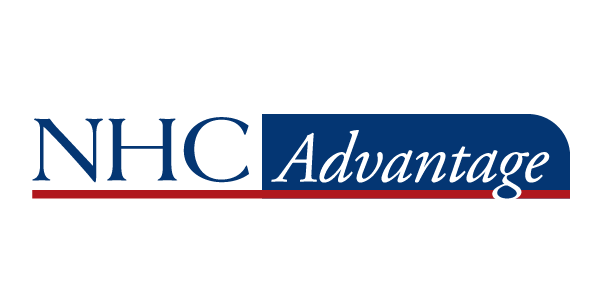Quality, Clinical Practice Guidelines, and Medical Necessity
We strive to meet the highest quality and safety standards.
NHC Advantage (HMO I-SNP) is designed to meet the needs of our members in collaboration with health care partners. We strive to meet the highest quality and safety standards while ensuring efficient and cost-effective care is delivered.
We follow CMS requirements, health plan standards developed by URAC, and HEDIS measure standards developed by the National Committee for Quality Assurance (NCQA) as a guide to support optimal care for members.
Collaboration with providers is key to ensuring a quality health care experience for enrolled members. Quality program objectives include:
- Improving the health status of NHC Advantage Members.
- Ensuring access to high quality and safe health care services in the NHC Advantage service area.
For more information about the NHC Advantage Quality program, please call Member Services at 1-844-854-6886 (TTY 711). Calls to this number are free.
Clinical Practice Guidelines
The following clinical practice guidelines are intended to support our health care team and serve as resources to ensure our providers have the most up to date, evidence-based information recommended by nationally recognized organizations. AMDA – The Society for Post-Acute and Long-Term Care Medicine – This is the standard care process in the post-acute and long-term care (PA/LTC) setting.
- COPD: Global Strategy for the Diagnosis, Management and Prevention of COPD
- Diabetes: Standards of Medical Care in Diabetes – 2021 with a particular focus on chapter 12: Older Adults
- Heart Failure: 2017 focused update of the 2013 Guidelines for the Management of Heart Failure
- Hypertension: ACC and American Heart Association (AHA) guidelines for the detection, prevention, management, and treatment of high blood pressure
- Dementia:
- Osteoporosis: 2020 Clinical Practice Guidelines for Postmenopausal Osteoporosis
- Depression: American Psychiatric Association(APA)(2019). APA Guideline For the Treatment of Depression. Clinical Practice Guideline for the Treatment of Depression Across Three Age Cohorts
- Preventive:
- World Health Organization, Coronavirus disease (COVID-19)
- World Health Organization, Preventing and managing COVID-19 across long-term care services: Policy brief, 24 July 2020
- Centers for Disease Control and Prevention. Prevention and Control of Seasonal Influenza with Vaccines: Recommendations of the Advisory Committee on Immunization Practices
- United States Preventive Service Task Force Recommendations
Guidelines are provided for informational purposes only and are not meant to direct individual treatment decisions. All patient care and related decisions are the sole responsibility of providers. These guidelines do not dictate or control a provider’s clinical judgement regarding the appropriate treatment of a patient in any given case.
Medical Necessity
“Medically Necessary” or “Medical Necessity” means health care services or supplies that a physician, exercising prudent judgement, would provide and/or order for a patient. The services must be:
- a) in accordance with generally accepted standards of medical practice;
- b) clinically appropriate, in terms of type, frequency, extent, site and duration, and considered effective for the patient’s illness, injury or disease; and
- c) not primarily for the convenience of the patient, physician, or other health care provider, and
- d) not more costly than an alternative service or sequence of services at least as likely to produce equivalent therapeutic or diagnostic results as to the diagnosis or treatment of that patient’s illness, injury, or disease
NHC Advantage utilizes the following Medical Necessity criteria to guide utilization management decisions. This may include but is not limited to, decisions involving inpatient reviews, prior authorizations, level of care, and retrospective reviews.
- Centers for Medicare and Medicaid (CMS) Criteria
- Milliman Care Guidelines (MGC)
NHC Advantage Medical Necessity criteria do not supersede state or Federal law or regulation.
